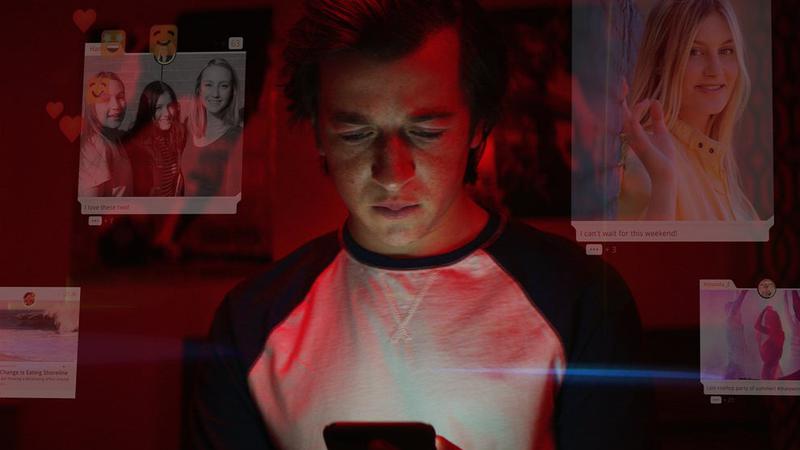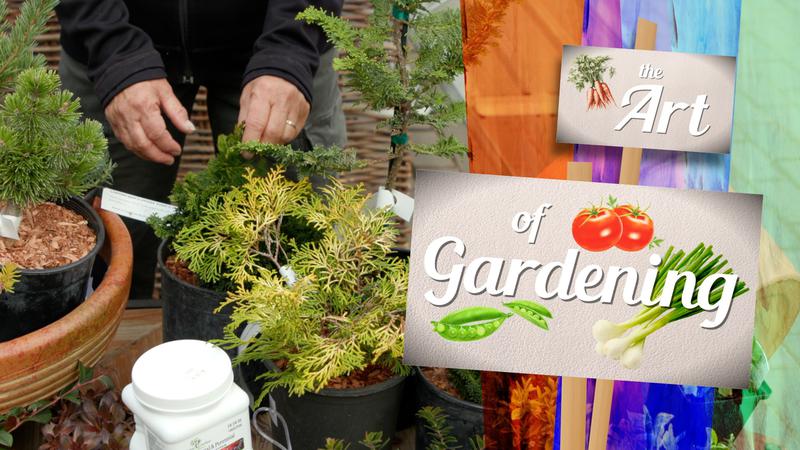
GINTA: We ought to do screen time right because so much depends on it
CAN YOU IMAGINE TODAY’S WORLD, your world, without internet and social media? Some may not have a Facebook, Instagram or Twitter account but pretty much everyone now has an email account.
To be sure, there is nothing wrong with having an online presence or being active on social media. The terms of this engagement matter though — be aware of pros and cons, do not let go of critical thinking, and most importantly, get your information from more than one source and stay engaged with in-person social dialogue.
All of this and more is discussed in the latest documentary on the subject called ‘The Social Dilemma’. You can find it on Netflix. It’s worth the hour-and-a-half — and all the time you’ll spend discussing and debating afterwards.
It may not be new stuff if you are keen on keeping track of your own online presence, but you’ll still learn plenty from this documentary which features many former Google, Facebook, Twitter and Instagram developers.


